Explore the top rated Media drug rehabs with confidence. We've analyzed each of the 25 addiction treatment centers in Media, PA for patient reviews, clinical credentials, transparency, and brand reputation to identify the best rehab programs.
Filter by inpatient, outpatient, detox, health insurance accepted, specialty treatment programs offered, and more to quickly find the perfect drug and alcohol rehab in Media today.
| Name / Address / Rating | Description | Treatments / Programs / Payment Options | Review / Contact | Images | |
|---|---|---|---|---|---|
Media, Pennsylvania | R & D Center: Addiction Recovery & Life Development, located in Media, Pennsylvania is a private alcohol and drug rehab that offers treatment for a variety of substance abuse addictions including alcoholism, opiate addiction, and co-occurring mental health disorders. They offer flexible outpatient or online addiction therapy allowing patients to li | Treatments Programs Payment Options | R&D is an amazing facility with amazing dedicated caring people. They helped me save my life and get things back on track. Iam forever grateful to them especially my therapist RACHEL!!
George Sanitate
2 weeks ago
I have struggled with my recovery over years past. i found myself in a dark place and unable to stay clean on my own. I reacted out to a fellow addict for a suggestion. I asked about inpatient services. It would not be my first time. I did t want to take another leave from my place of employment.. she suggested r&D recovery. She said try it out. If it doesn't work we will do impatient. It was the best decision I ever made. When the moment I walked in his doors I was created with nothing but love. I was welcome and felt at home right away. When I learned that the center was started by recovering addicts I knew I was in the right place. The groups were small and every had a chance to participate. It wasn't difficult or uncomfortable. The first person I saw was my therapist Rachel and she greeted me with a smile and brought me in. everyone in the group set in seem to want the recovery as bad as I did. I watched people grow as I grew myself in r&D has a great sense of community and everybody supports each other with unconditional love and no judgment. I now have a chance to live a new way of life and it started at r&D and I wasn't forever be grateful for this place. If you're not sure about where to start in your recovery process I promise you this is the place to come you will not be disappointed
Rick Manero
2 months ago
The owners are extremely knowledgeable, hands on and passionate about help individuals recover and experience meaningful, I am impressed with their desire to provide individuals and families with the care the need despite the obstacles. They are committed to providing exceptional care and collaboration with like minded professionals and practicing with in their scope of practice.
Sarah Espenshade
4 months ago
| ||
Media, Pennsylvania | Providence Treatment’s Media, Pennsylvania, location is a place where you can get support for substance use disorders in a warm and attentive setting. They’re known for helping their clients find real and practical ways to work through addiction while staying connected to life. We like that they’re genuinely committed to building a thoughtful | Treatments Programs Payment Options | Excellent treatment Facility for treating professionals
Jo Ann Allen Nyquist
1 month ago
I highly recommend Providence Treatment for any professional struggling with addiction. Their understanding of career-related stressors is unmatched. Their personalized care helps individuals recover without feeling overwhelmed. Their focus on professional rehabilitation provides clients with the tools needed for lasting recovery!
Scott Strubinger
1 year ago
I’ve been providing trauma-sensitive recovery yoga for clients at Providence Treatment Center for about two years. Their holistic approach and comprehensive outpatient programs create a supportive environment for recovery. Highly recommended for anyone seeking a compassionate and transformative journey to healing.
Cheryl Spera
1 year ago
| 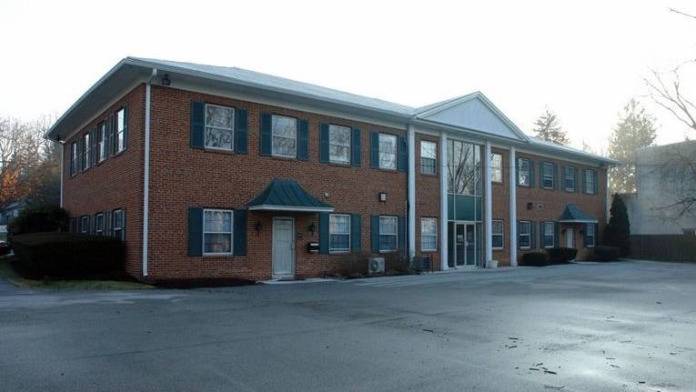
| |
Media, Pennsylvania | Located in Media, Pennsylvania, The Focus Psychological Associates is a Pennsylvania State Licensed Drug and Alcohol Treatment Center with preferred provider status by Delaware County Courts. They provide comprehensive psychological and substance abuse assessments recognized by the court system, including services for individuals involved in DUI/DW | Treatments Programs Payment Options | Focus Psychological Associates has no reviews yet. Leave a review.
| 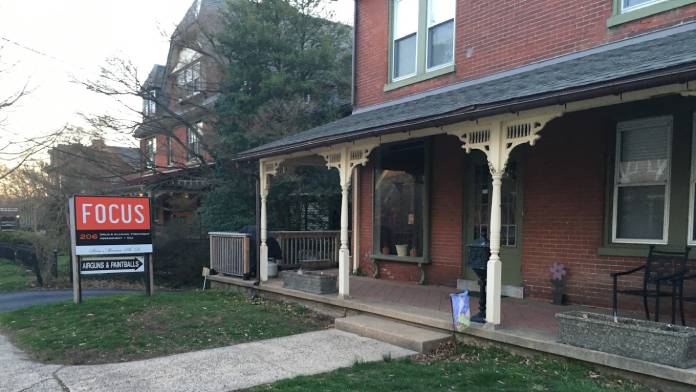
| |
Avenues Recovery Center at Lake ArielAd This is an ad and Avenues Recovery Center at Lake Ariel is a paid advertiser. Paid advertisers may be listed first in search results. This ad may contain content provided by the advertiser. Rehab.com does not verify ad content or any reviews that are displayed. Learn More | Clients seeking treatment for alcohol addiction may be required to undergo detox first. The detox process ensures any abused substances are out of a client’s system and that they are in a healthy frame of mind when they enter residential treatment. Detox is overseen and closely monitored by medical staff. The residential program takes clients | Treatments Programs Payment Options | View Website (570) 354-6060 | Avenues Recovery Center at Lake Ariel has no reviews yet. Leave a review.
| 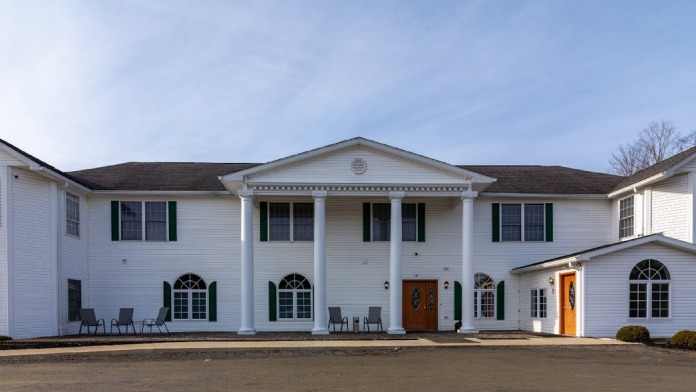
5 5 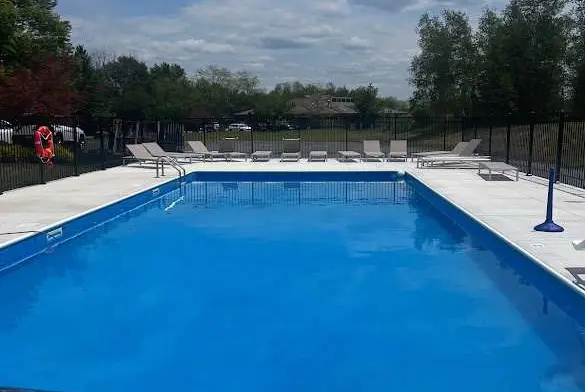
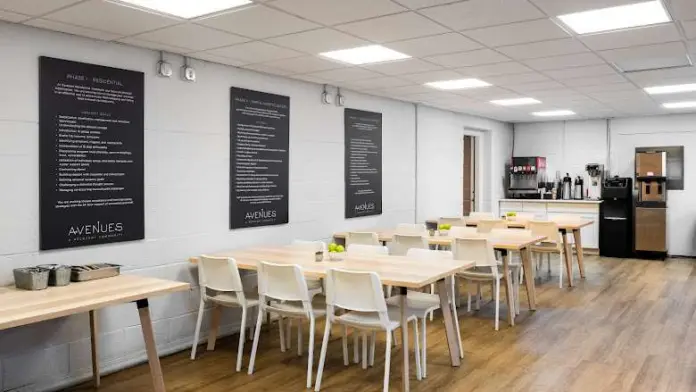
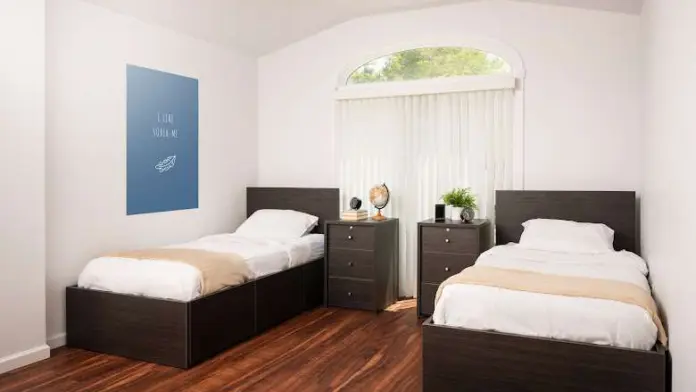
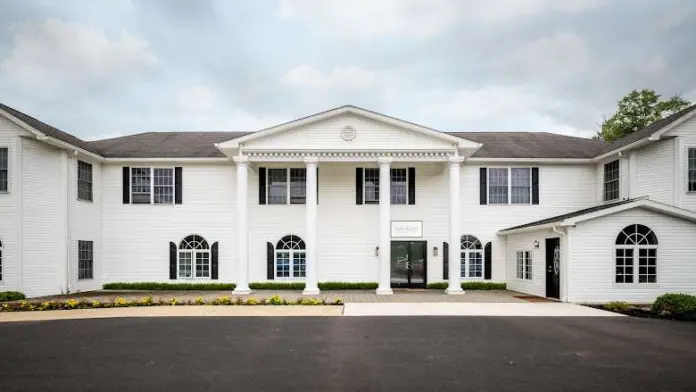
|
Media, Pennsylvania | Chimes - Holcomb Behavioral Health Systems provides services for children and adults who may be dealing with mental health or substance abuse issues. Services include individual, group and family counseling as well as medication management. Chimes - Holcomb Behavioral Health Systems is located in Media, Pennsylvania. Holcomb Behavioral Health Syst | Treatments Programs Payment Options | Chimes – Holcomb Behavioral Health Systems has no reviews yet. Leave a review.
| ||
All In Solutions Counseling Center is a mental health and addiction clinic in Cherry Hill, New Jersey. They provide outpatient addiction treatment and mental health care. They offer options like an intensive outpatient program, a partial hospitalization program, and medication-assisted treatment. All In Solutions Counseling Center Cherry Hill offer | Treatments Programs Payment Options | I had a wonderful time! Everyone was very helpful with my recovery journey! Thank y'all so much!
Savannah Banana
1 week ago
I can't recommend All-In enough. There's no real way to phrase a review like this that doesn't sound sappy and trite, but I firmly believe I wouldn't be where I am today without them. Love y'all ❤️
Squid Jabine
2 weeks ago
I had a great experience with All In Solutions The staff is nice, knowledgeable and helpful, I would like to give a special shout out to my Therapist KAREN CASTON she is a awesome therapist and an amazing caring, loving women. She really went above and beyond to get me through my obstacles
Tanya Brooks
3 weeks ago
| 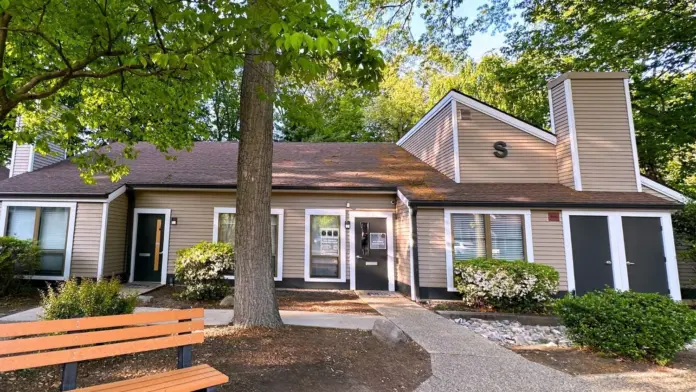
4 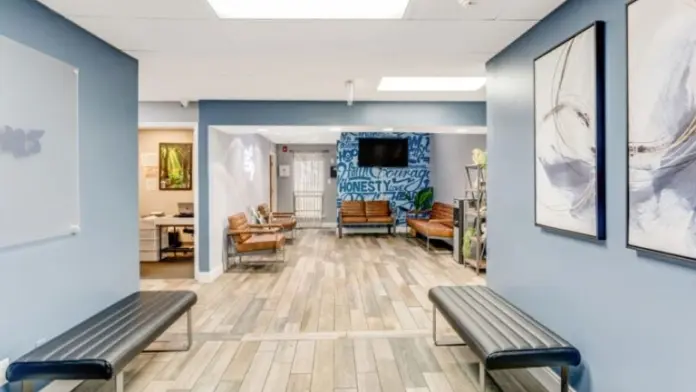

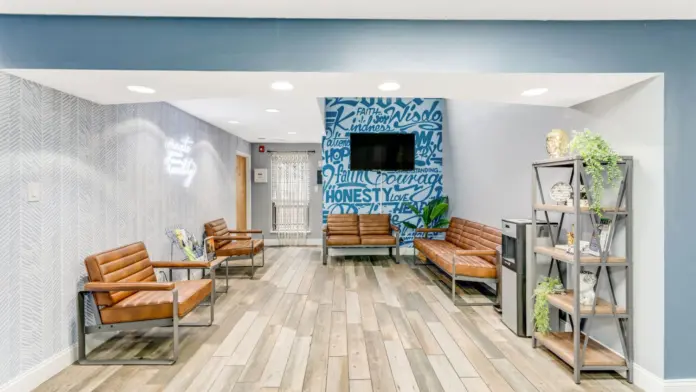
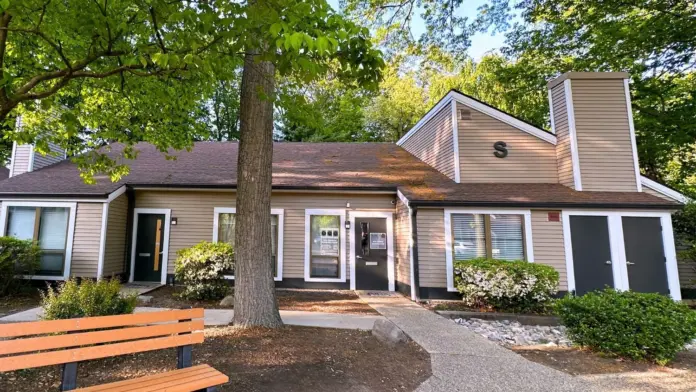
| ||
Provive Wellness is a leading provider of mental health and substance abuse programming. Our healing center is open to all individuals on a life changing path to personal wellness. Utilizing a comprehensive treatment model based on a person-centered approach, our treatment team will tailor a plan of recovery that addresses the mind, body, and spiri | Treatments Programs Payment Options | My names Anthony, I just gotta say I moved up to Pennsylvania from south Florida 2 months ago and I’ve been through others programs before in the past and at Provive I’ve been welcomed with open arms. The community of therapists and practitioners go above and beyond to provide guidance and support for me and patients as a whole. I love this program and have never been better in my life
Thanks Provive !!
ANTHONY ERNEST
4 weeks ago
Simply an awesome caring facility. The staff gives 100 percent and then some! They display a true genuine concern for those in their care. Communication is exceptional! My son has been in many facilities over the years and Provive Welles is the best place that he has been in and made the most progress. Everyone that I’ve communicated with was phenomenal.
However, the majority of my communications were with Megan, Emily and David. I must give them special recognition for my sincerest appreciation.
Thank you Provive Wellness for caring for my son above and beyond my expectations.
Tina & Thomas
Tina and Tom Roberts
2 months ago
I’ve been with Provive for about a month or so now. I was having urges to drink myself into a blackout state. Been this way for about a week….I mentioned it in front of the house manager and nothing happened. Today was the worst of my urges. Megan had reached out to check on me and she was able to help me through without relapsing…. Thank you, Megan for all your help!!
MarySue
2 months ago
| 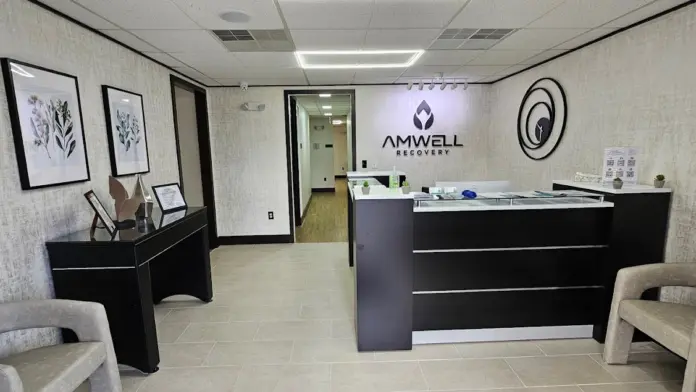
5 5 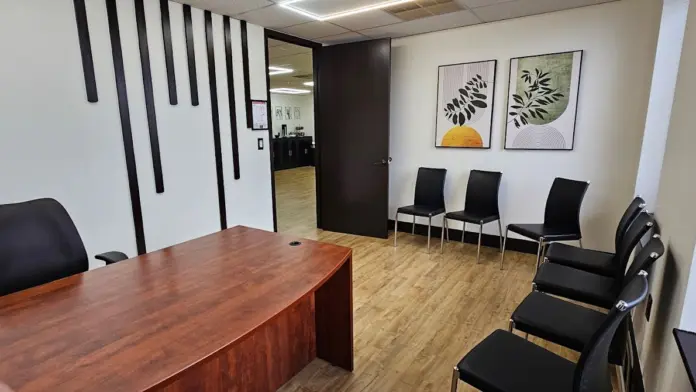
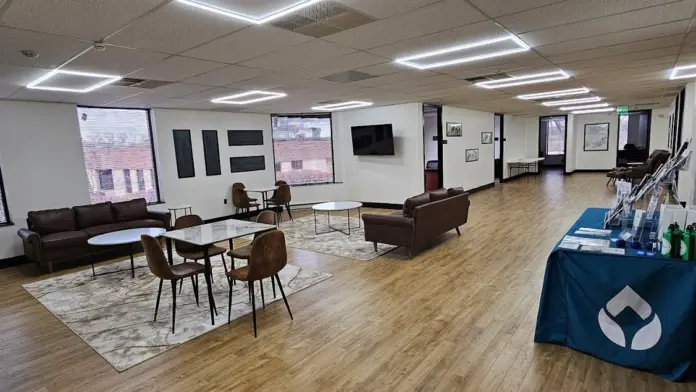
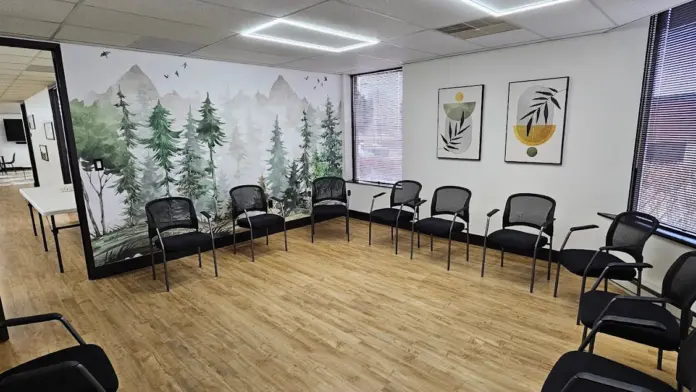
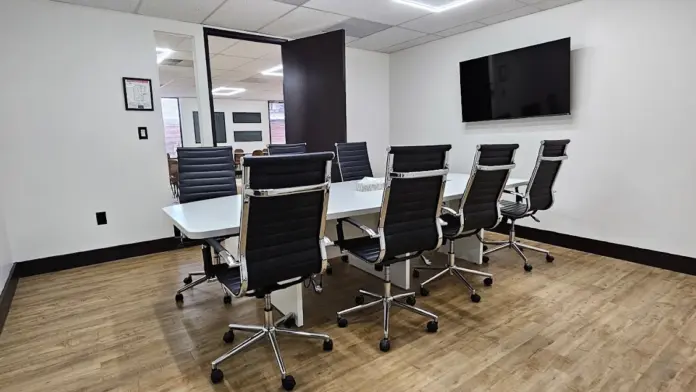
| ||
Top Pennsylvania Cities | |||||
The Recovery Village Cherry Hill is a recovery center in Cherry Hill, New Jersey. They offer a full continuum of care to address substance use disorders and co occurring conditions. Their program includes medical detox and inpatient care along with intensive outpatient care and more. These extensive options mean you can go through all stages of car | Programs Payment Options | Great fascility and staff
Clean if you want to get sober go here they care
Vincent Fyfe
1 month ago
It was a great experience. The staff was very friendly and helpful. I was also blessed with a great group of residents. If anyone is interested in Treatment, I highly encourage them to join. It’s a life changing experience. 👍👍
Brandon O'Brien
1 month ago
This place was great for me and I think it would be great for anyone who does it for the right reasons. They say we'll find whatever we're looking for and if you're looking for a good environment for treatment this is the place for you. The clinical staff was great. My therapist challenged me and I grew from it. The techs were hit and miss but anywhere I went I feel like its the same. When ppl care about their jobs and put their hearts in it, it really does make a difference in the lives of those struggling. The team at Recovery Village cared enough to do whatever they could to accommodate anyone and everyone. If you want recovery you have to work at it and this place provides the tools to make it just a little bit easier to accomplish. Thank you for myself and those you helped, it truly does make a difference
Noztix
1 month ago
| 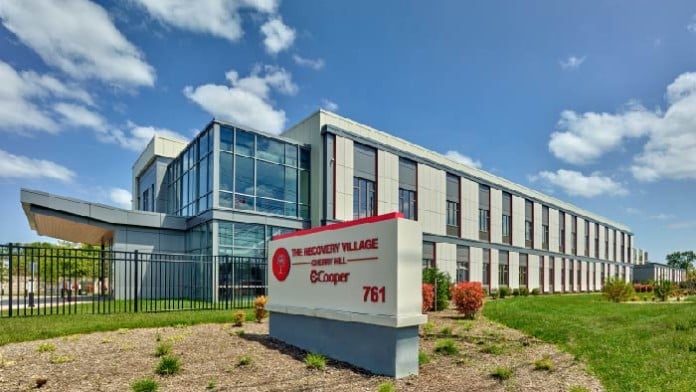
4 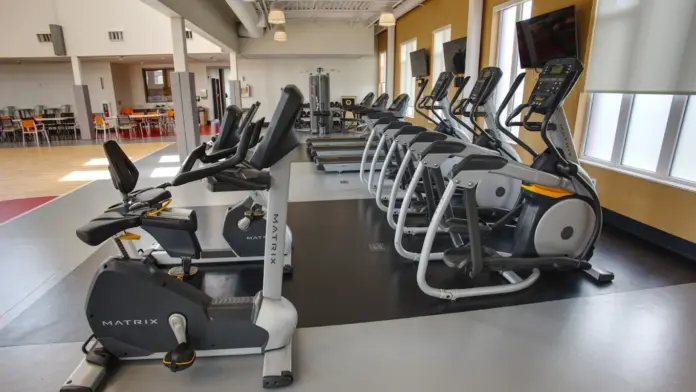
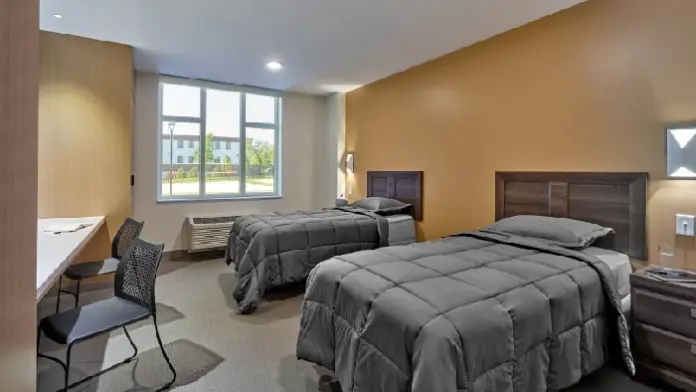
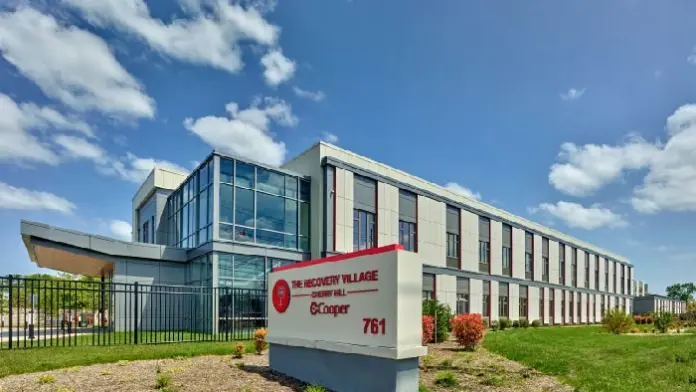
| ||
They say that if the idea of a project or a journey intimidates you, you should break it into smaller tasks and do the easy ones first. The problem with addiction recovery is that the first step, detox, is the steepest hill of the journey. That’s why The Haven Detox is here: to level out that hill and give your recovery a smoother, more comfortab | Treatments Programs Payment Options | The staff was fantastic. Food was great. Do Joyce’s yoga, it was so worth it. Thank you all.
Chuck Conway
4 days ago
Awesome place, awesome group of people that have also been through it.
Barry Cross
1 week ago
Thank you for supporting me through a tough time in my life. Safe place to be. :)
Bethy Bear Grover
1 week ago
| 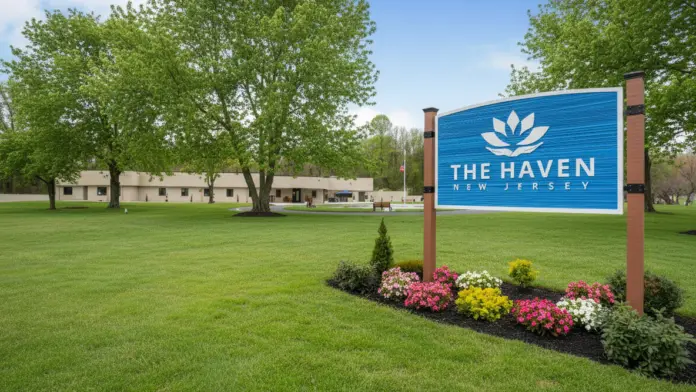
23 23 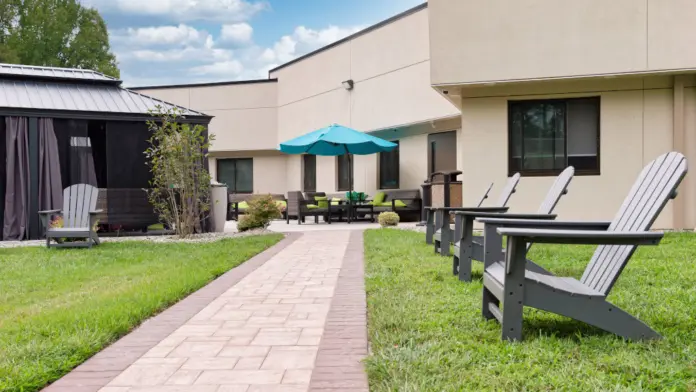
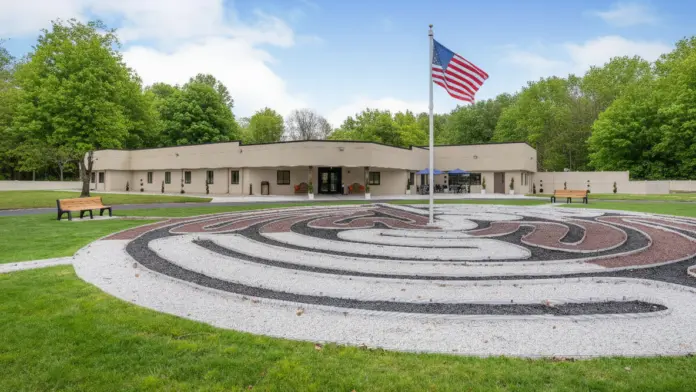
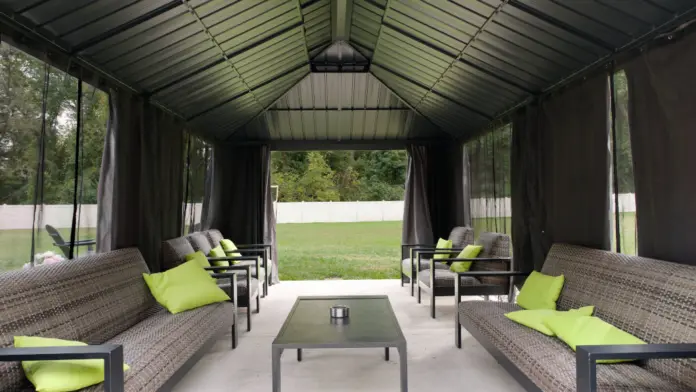
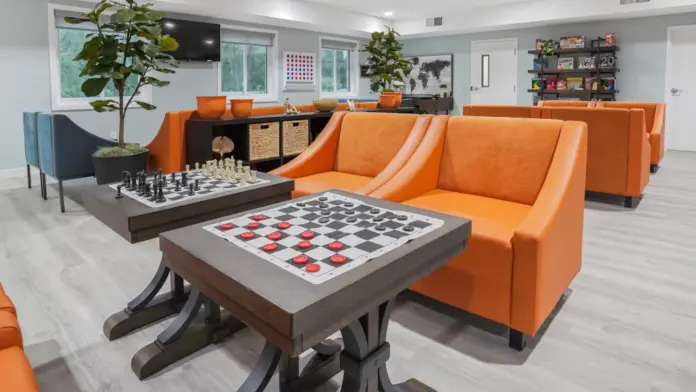
| ||
Gaudenzia – Together House provides comprehensive addiction and co-occurring disorder care in Philadelphia, Pennsylvania. This high intensity residential program serves adult men previously involved in the criminal justice system. With a mission to reduce treatment barriers for underserved communities, they offer empathetic care that puts your ne | Treatments Programs Payment Options | Struggles at first but then ended up being a memorable experience. Was and still is one of the best I've been to. Alot of options for activities. Also depends on your mind frame. Some people be stuck in they ways. Do you in the end doesn't mAtter what streets are thinking
Horace Crone Iv
1 month ago
I signed up for outpatient treatment and the staff was very friendly very helpful and my therapistMr. Derek) a good dude, very understanding never looked down on me because of my alcohol and powdered cocaine addiction. Unfortunately, my addictions got the best of me and I relapsed and didn't return.I was so ashamed of myself I didn't want to show my face and went back to boozing and now thankfully I'm finally getting help that I need. I was admitted to Jefferson Hospital suffering from severe alcohol withdrawal syndrome, borderline experiencing auditory hallucinations. I was also suffering from gait abnormality and balance and coordination issues so they transferred me to Wyndmoor Hills for Physical therapy and once I'm discharged well before I'm discharged, I'll pick a rehab facility for inpatient treatment.Wish me luck.
Calvin Odom
1 year ago
The staff is amazing!!
Joel 1013
2 years ago
| 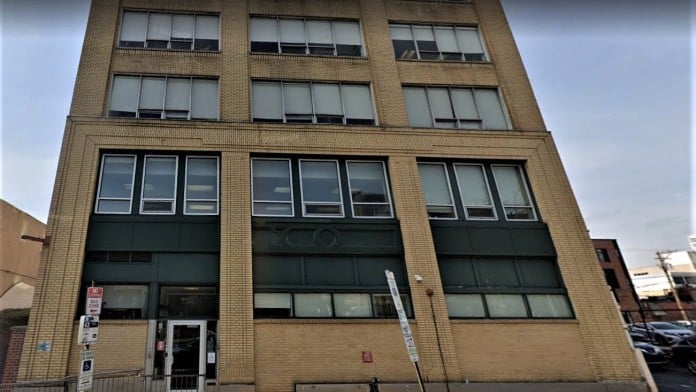
| ||
Avenues Recovery Center at Prince FrederickAd This is an ad and Avenues Recovery Center at Prince Frederick is a paid advertiser. Paid advertisers may be listed first in search results. This ad may contain content provided by the advertiser. Rehab.com does not verify ad content or any reviews that are displayed. Learn More | Avenues Recovery Center at Prince Frederick, in Prince Freferick, Maryland, is an alcohol and drug rehab center offering levels of care including medically assisted detox, outpatient treatment, a partial hospitalization program, an intensive outpatient program, medication assisted treatment, an inpatient residential program and aftercare. Treatment | Treatments Programs Payment Options | View Website (410) 535-8930 | Avenues Recovery Center at Prince Frederick has no reviews yet. Leave a review.
| 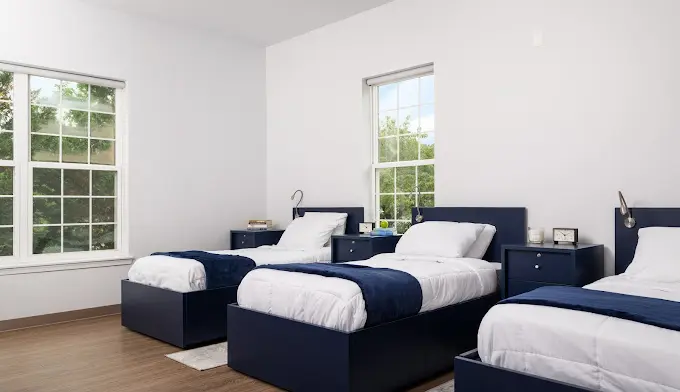
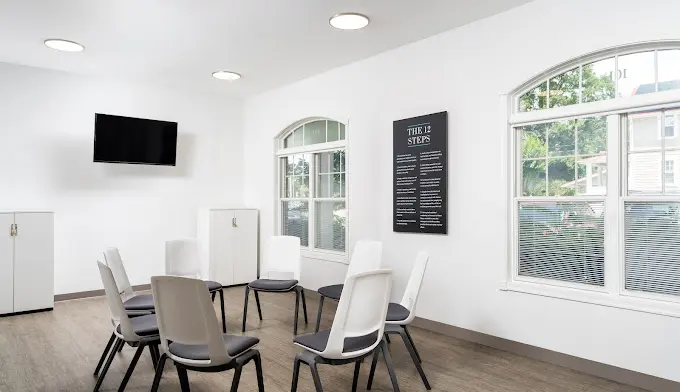
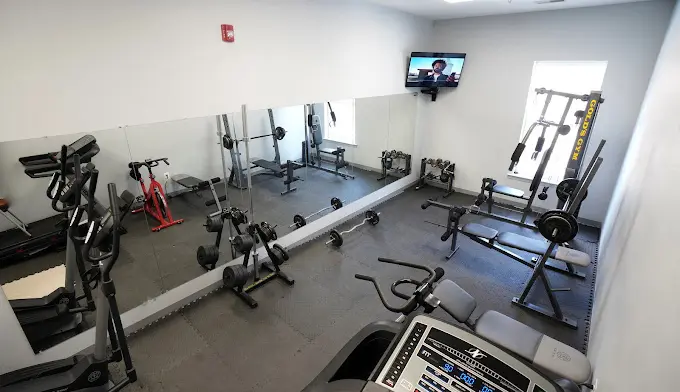
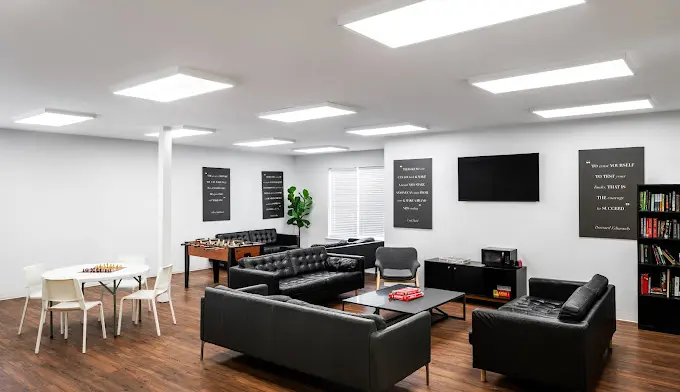
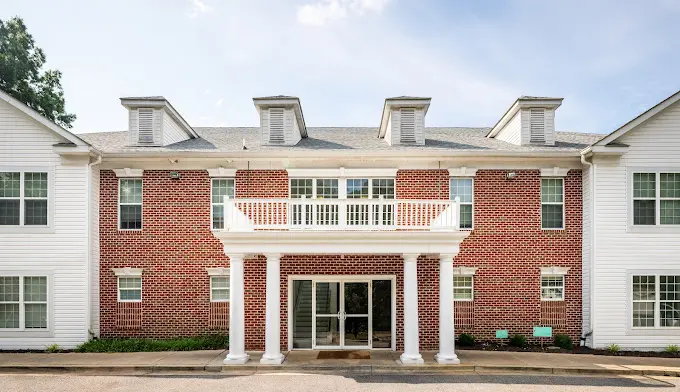
|
Kensington Hospital - Addiction Services is an independent recovery center in Philadelphia, Pennsylvania, and is accredited by The Joint Commission. They have treatment plans for adults who have alcohol and drug addiction issues. Services include detox, inpatient care, and medication assisted treatment. At Kensington Hospital, your treatment will | Treatments Programs Payment Options | If I could give zero stars I would.
Jack
2 months ago
Lo mejor d lo mejor que an echo no le doy un 10 porque se merece un 11 💪🏻🦾💯🙏🏻
Jayson Quinones
4 months ago
I spent a little over a month there. It wasn't under the best circumstances, and I was scared, nervous, and unsure about everything that was happening to me. Everyone that I dealt with there was incredibly kind, sympathetic, helpful, reassuring, and professional. The staff there made what could have been a very stressful and trying time bearable and easy to go through. They absolutely deserve these 5 stars.
Ricky Ray
8 months ago
| 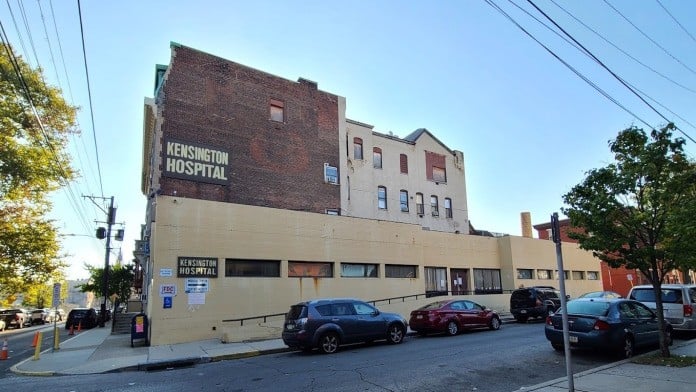
| ||
Valley Forge Medical Center and Hospital of Norristown, Pennsylvania, offers substance abuse and mental health services. There are lots of options in the medical center, including a detox program and a residential rehabilitation program. The clinic accepts self pay and various insurances, such as Medicaid and Medicare. Valley Forge Medical Center p | Treatments Programs Payment Options | I want to give a shout out to LouLou and Rachel in counseling and Anthony and Darron in peer support. Thank you for helping me during my stay.
Tracy Morrison
2 weeks ago
I am very thankful to valley forge medical centers staff for helping me restore my heart and diabetes. Staff in the kitchen was especially excellent. The ability to talk to the counselors and set goals for myself helped me think about my future. The staff here has been 5 stars.
Jason Vasquez
3 weeks ago
my name is angelie i came in very scared i am 22 years old and it was my first ever rehab n i had a lovely experience the staff r lovely they make sure u feel safe welcomed and cared about i would 100% come here and come again if needed !! i stayed for two weeks and i feel lovely and great
angelie peticca
1 month ago
| 
6 6 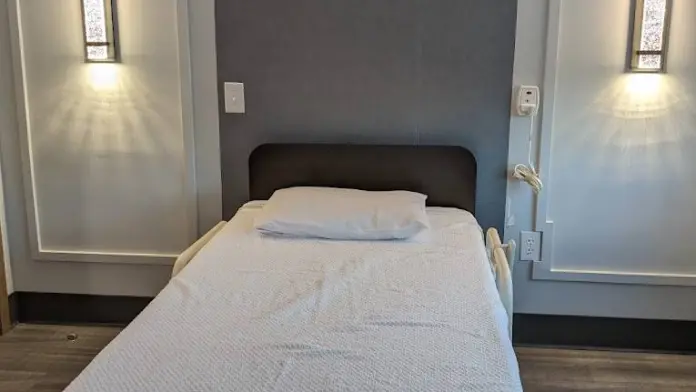
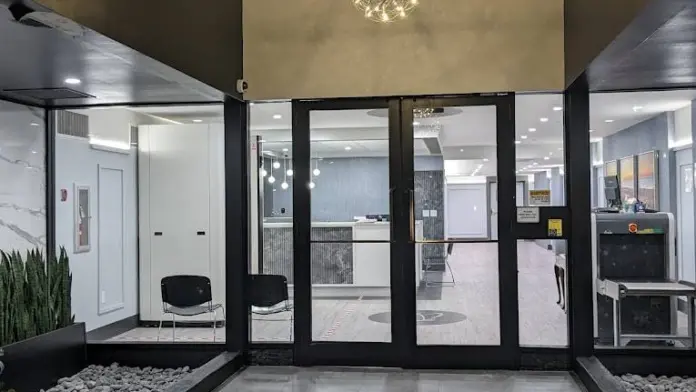

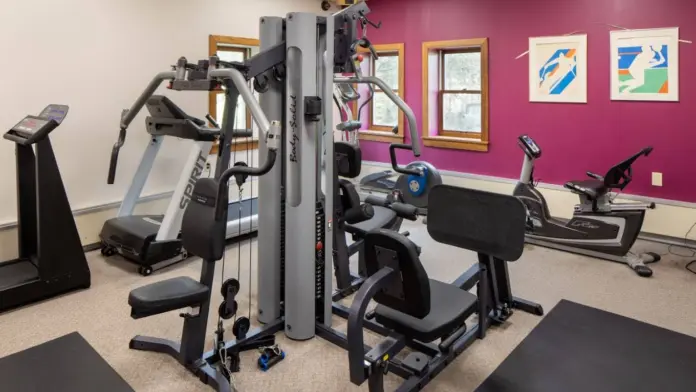
| ||
Woodbury, New Jersey | Solstice Counseling & Wellness Center is a drug and alcohol rehab facility located in Woodbury, New Jersey. They treat people for substance use disorder and alcohol use disorder. They offer treatment on an outpatient basis. They treat people with dual diagnoses who suffer from a mental health condition and a substance problem at the same time. You | Treatments Programs Payment Options | Colleen is one of the best counselors at Solstice. She always makes everyone in group feel super comfortable and always finds a way to make it fun and interesting.
Ryan Jernegan
1 year ago
I feel as though Solstice is an extremely therapeutic environment. It helps me with my mental illness, putting my life into perspective and to mature and grow. I have been in counseling since I was 12 years old only to find out that I grew old and never grew up. Solstice has begun the process to help me grow up. Thank you to the whole Solstice team, especially my counselor Morgan.
Still Worthy
1 year ago
nick is always professional and curious
Pat Scanlon
1 year ago
| 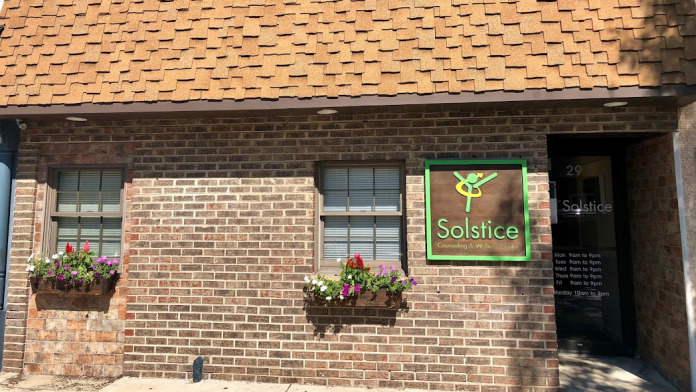
4 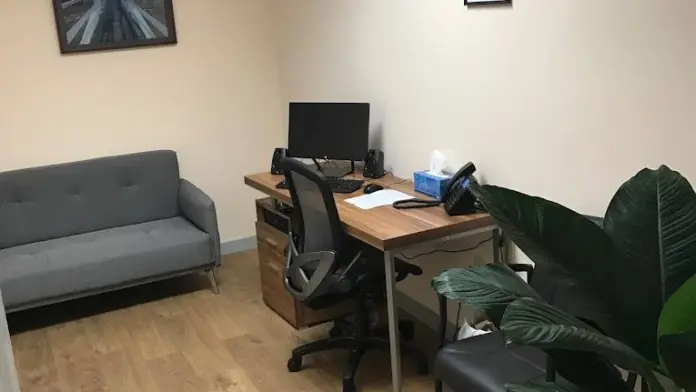
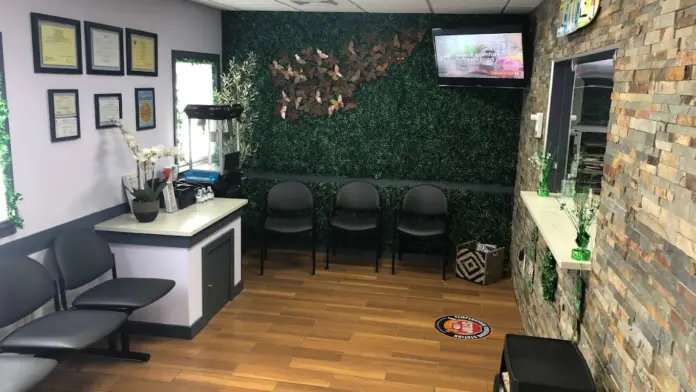
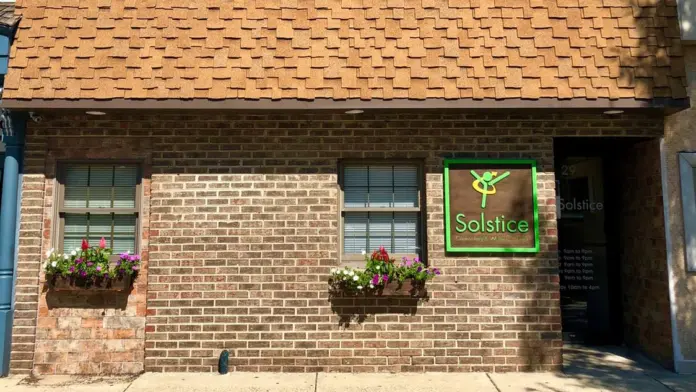
| |
Westmont, New Jersey | Starting Point is an alcohol and drug rehab center for adults in Haddon Township, New Jersey. They provide mental health and addiction recovery services through outpatient programs including education, referrals and community resources. Something unique about this facility is that their recovery treatment is based on a series of support group meeti | Treatments Programs Payment Options | Angela Baxter is the single greatest asset this facility has on hand.
She is the most personable, down to Earth, and overall amazing therapist I've ever had the pleasure of working with, and I've been in and out of therapy like people are in and out of their local Wawa (s).
She has a unique ability to put her clients at ease with humor. She utilizes laughter and good vibes to ensure that everyone she works with feels safe and at home.
Her talents know no bounds. Have you ever seen her type? Roadrunner, take note 📝
I cannot say enough good about this saintly woman. Before I worked with her, I was lost. After I worked with Angela Baxter, I was found.
Go to this place just for her alone.
- Ryan Hosey
I'm proud to say I'm a former client of Mrs. Baxter's.
Ryan Hosey
2 years ago
Over the years, beginning around 2012, I utilized various counseling and group activity services here. The Starting Point is outstanding and a powerful place of HEALING.
Carlette Southern-Robert
3 years ago
After the loss of our daughter this place and the counselors here have been the difference between despair and hope. Its not easy to ask for help but you're worth it
kelly almasy
4 years ago
| 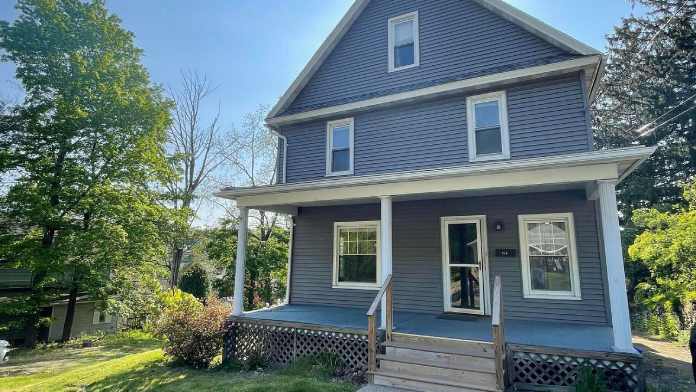
4 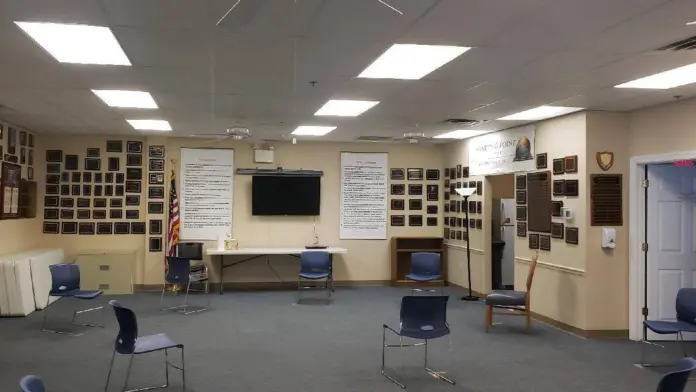
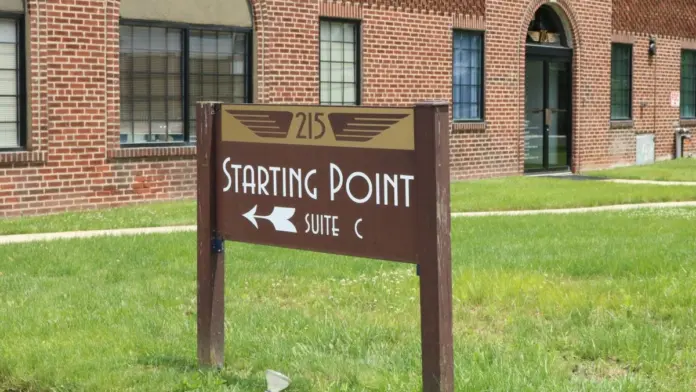
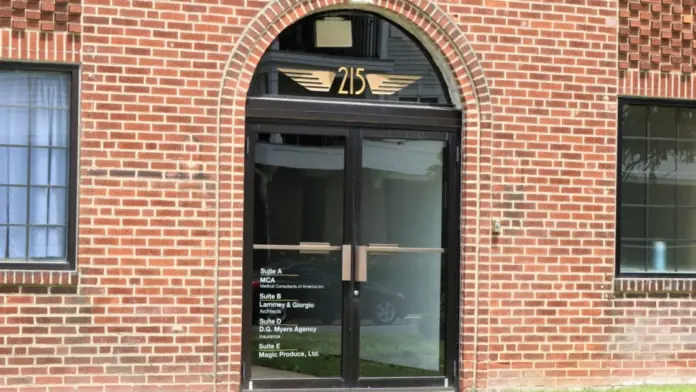
| |
Cherry Hill, New Jersey | Formerly Kennedy Health, Jefferson Cherry Hill Hospital takes mental health care seriously and has developed several incredible programs to meet the growing mental health needs of the residents of Cherry Hill, New Jersey. They offer more than a half dozen programs to treat addiction and substance abuse. Their programs range from maternal addiction | Treatments Programs Payment Options | I went to the emergency room the other day and I must say it was the best experience. Everyone from the security guards at the entrance to the front desk to the nurses and techs and doctors were so incredibly nice. I suffer from anxiety and I never been the the hospital for anything too serious like this past time and when the doctor saw me crying he talked to me about every little thing and talked me down from an almost panic attack. Everyone was so gentle and kind and explained everything thoroughly. It was a great experience when I wasn't feeling all that great.
Katie Maxvitat
1 week ago
Despite the circumstances of having to go to an Emergency Room, I was very pleased with how I was treated at the Jefferson Cherry Hill ER. I was seen quickly and all of the staff were very kind and informative.
Michael Foreman
1 week ago
I had different anatomy scanned at Jefferson/CH - both CT technologist Jordan, and CT/Echo technologist Emily were professional, efficient, knowledgeable, friendly, and took me at my scheduled time. Both employees made my imagining time a stress free experience.
M. Laine
1 week ago
| 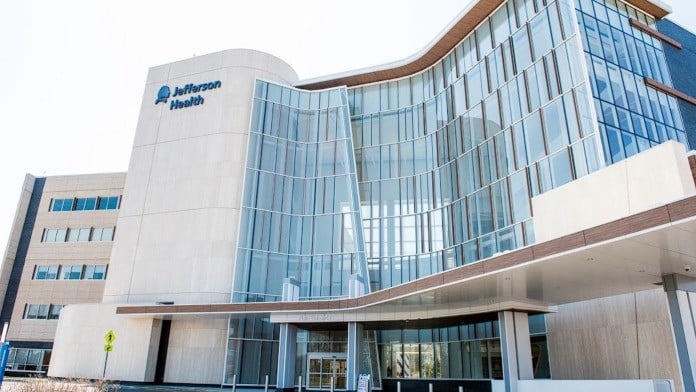
6 6 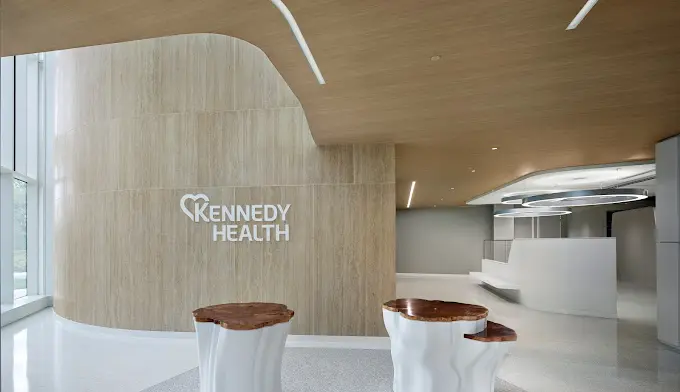
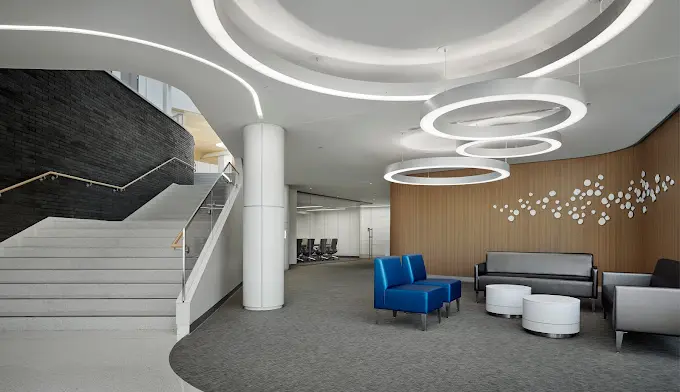
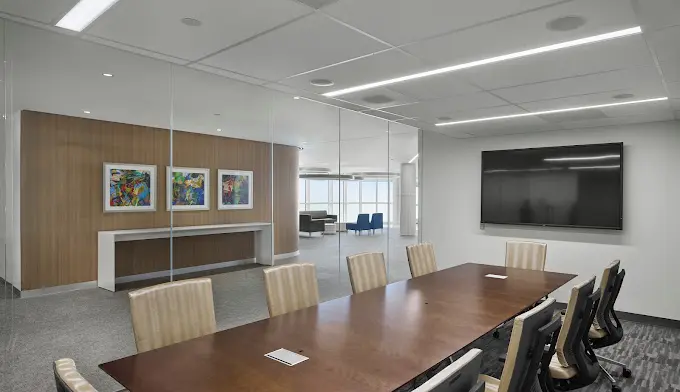
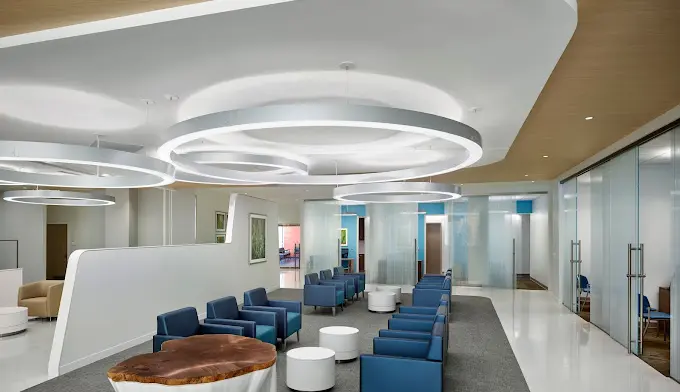
| |
Philadelphia, Pennsylvania | Pennsylvania Recovery Center is located in Philadelphia, Pennsylvania. This is a drug and alcohol detox and recovery facility that provides outpatient support services to adults struggling with addiction. This facility offers a caring and supportive environment driven by evidence based and holistic therapies. Policies for most major insurance prov | Treatments Programs Payment Options | I liked this place so much I came back twice lol this place is really a great place for anyone wh9 needs love and support.
Jess Hernandez
1 week ago
Jess and Matthew are great! This place helped me so much if you are in need of help call this place.
Kevin Kropkowski
1 month ago
Without a doubt a well driven team of clinical staff determined to rehabilitate and reintegrate you back into society with a newfound confidence and set of tools to cope with day to day challenges. The housing team members have a wealth of experience in recovery and can help steer you down the right path 24 hours a day and provide a healthy environment for rehabilitation
Aj Van
4 months ago
| 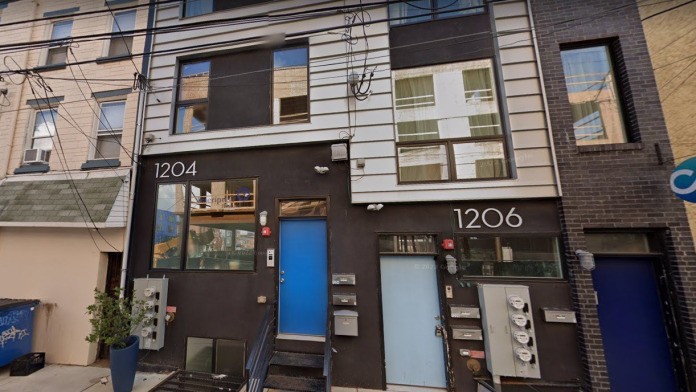
| |
Sandstone Care RestonAd This is an ad and Sandstone Care Reston is a paid advertiser. Paid advertisers may be listed first in search results. This ad may contain content provided by the advertiser. Rehab.com does not verify ad content or any reviews that are displayed. Learn More | Sandstone Care Reston in Reston, Virginia, is a drug rehab and treatment facility that works with teens, young adults and their families. They provide outpatient care if you're struggling with a substance use disorder. They also offer a four week partial hospitalization program (PHP) and a 12 week intensive outpatient program (IOP). You'll work wit | Treatments Programs Payment Options | View Website (888) 491-9937 | Sandstone Care Reston has no reviews yet. Leave a review.
| 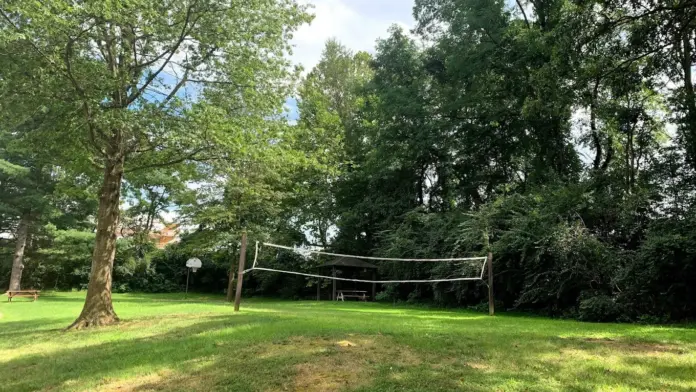
|
Camden, New Jersey | Lynn’s House operates as part of the Center for Family Services located in Camden, New Jersey. The house is a vital outpatient treatment center dedicated to empowering adults struggling with substance use disorders such as alcoholism and opioid addiction. Operated by the nonprofit Center for Family Services, Lynn’s House provides an inclusive | Treatments Programs Payment Options | Counseling & mentoring for adults teens tweens & kids. Extra training in a skilled job & continuing education
Janice A. Doughty
1 year ago
I have been involved as a volunteer for 8 years and cannot say enough about the amazing people who work with Center for Family Services. They do so much for the community and their dedication is unwavering. I proudly wear my volunteer tee shirts everywhere to raise awareness. I feel privileged to be a part of their volunteer team.
Christine S.
5 years ago
It is so very helpful
Call Me GOD
5 years ago
| 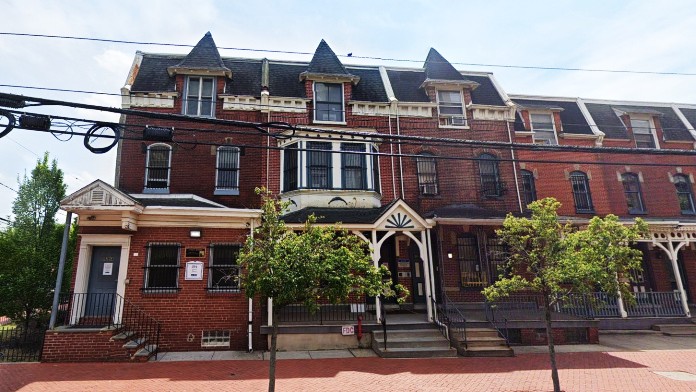
| |
Philadelphia, Pennsylvania | The Wedge Medical Center’s Frankford Office in Philadelphia, Pennsylvania, provides behavioral health and drug rehab services to adolescents, adults, and pregnant women living with a substance use disorder. Care is provided through an outpatient setting with specialized programs for different age groups. This facility specializes in providing ca | Treatments Programs Payment Options | Wedge Recovery Center will cease all operations over the next two to four weeks.
Vern Schillinger (92S110)
7 months ago
Good counselors
Antonio Vaino
3 years ago
Mary-Kate Barras is the best person I have ever spoken to , very professional and respectful. this place needs more employees with her qualifications, she responds to emails accurately and calls you even when she is sick at home, that is an essential worker that deserves the utmost respect and a raise!
Lidia Jazzie Ortiz
4 years ago
| 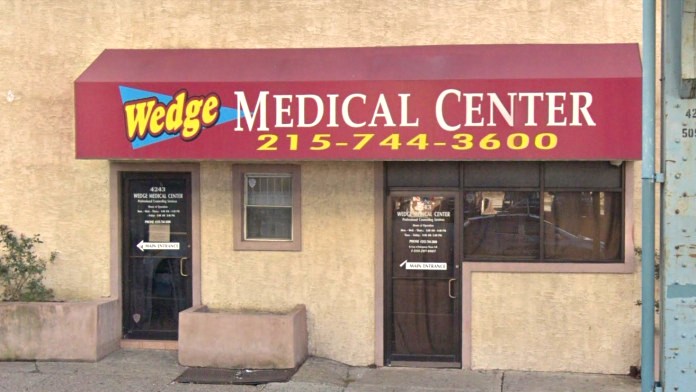
2 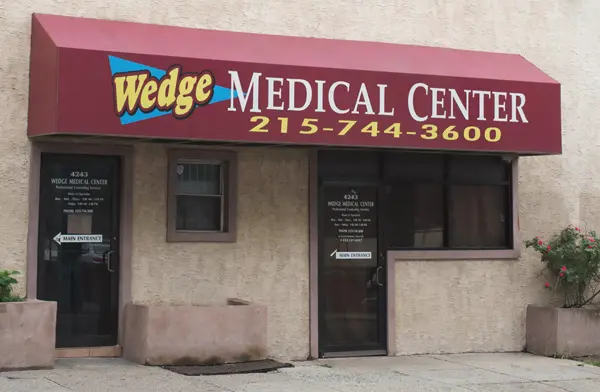
| |
Wilmington, Delaware | Brandywine Counseling and Community Services, an addiction treatment center in Wilmington, Delaware. They treat adults with opioid, alcohol, and other drug addictions. At their center, they know how difficult and dangerous it can be to quit opioids and alcohol, so that’s why they offer medication assisted treatment in the form of Suboxone. This p | Treatments Programs Payment Options | Its a good place to go to stay clean, workers are all nice. I recommend going. Go Trump 11/21/25. ☆
Chris Quillen
2 weeks ago
All staff are nice and helpful. They dose you quick too. They also have food downstairs most the time.
Michael Quillen
11 months ago
This place helped save my life. I had used drugs for many many years then I went to Brandywine and got clen on there Out patient program.
Mark K Brown
2 years ago
| 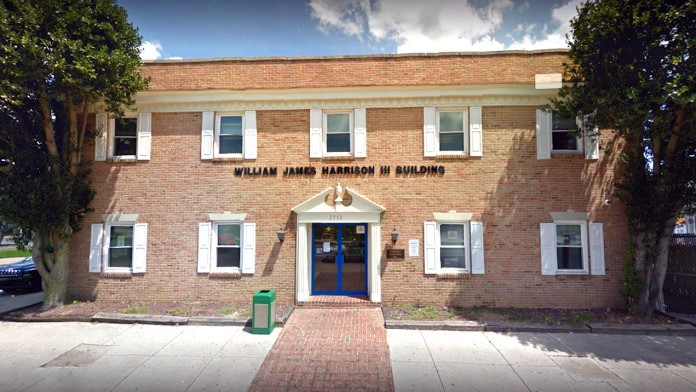
3 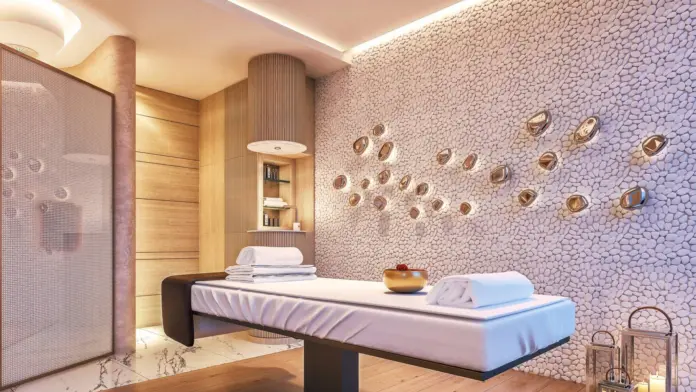
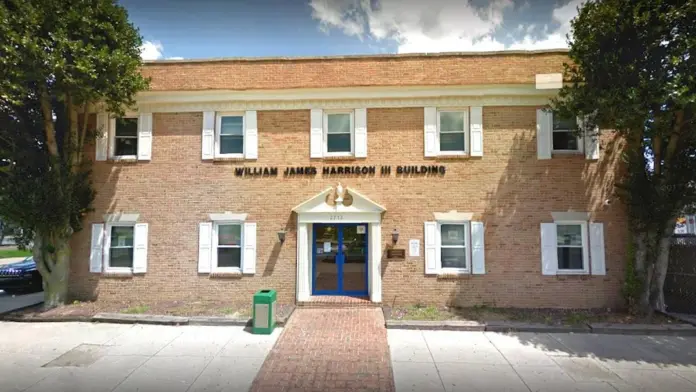
| |
Eagleville, Pennsylvania | Eagleville Hospital is in Eagleville, Pennsylvania. It’s an alcohol and drug rehab that provides detox, medication assisted treatment, inpatient programs and aftercare services for adults. No matter what level of care you’re in, you’ll be eligible for medication assisted treatment. These meds can include methadone and buprenorphine. They’r | Treatments Programs Payment Options | I spent 120 days here 30 years ago I stayed clean I went home for a job
Got custody of my son got married an here I am 30 plus years later looking for help for my son who need is desperately an I remember were it started for me the one place that helped me were I never looked back was this place
Adalis Garcia
6 months ago
I had the best experience at Eagleville in regards to the therapist, Miss Bonnie & Miss Elonda. Miss Bonnie was my therapist and she truly goes above & beyond not only for her clients but for any client that needs an ear to listen or advice on a situation. Her door was always open and still is even though I am no longer there. I just celebrated a year clean and Miss Bonnie plays a huge part in that. She helped me to grow in ways I never thought I could but because of how genuine she is I felt comfortable to open up and I respect her in so many ways and because of that I was able to open up and deal with things I didn't think I could. I had to end a really toxic relationship and Miss Bonnie sat with me just because she knew I needed the support. She will always hold a special place in my heart. On another note..... our case manager on the woman's side, Lordess unfortunately did not contribute these same caring characteristics. On many occasions Miss Bonnie would assist with situations that were for Lordess but we went to Miss Bonnie because we knew she would get it done because she cares about the well being of her clients. If I wouldn't have taken the initiative to find a recovery house I would've been discharged to the street. Also I filled out 2 applications. 1 for my social security card and 1 for my Birth Certificate and 3 months later I still do not have them. I believe that Eagleville, Cedar building needs a case manager that is going to care and participate in the clients well being as much as Miss Bonnie and Miss Elonda.
Juliette
9 months ago
I was welcomed with a chocolate frosted donut and the people are great
Doge
11 months ago
| 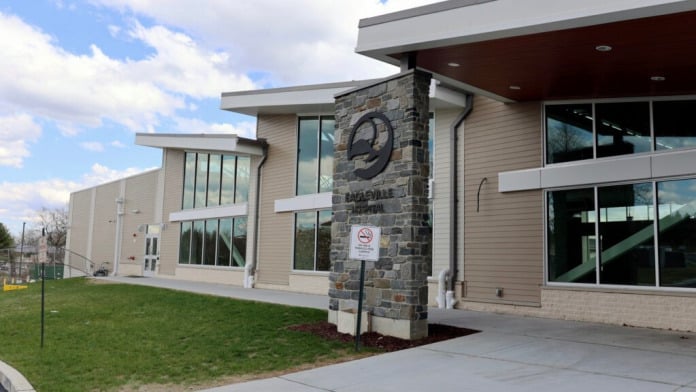
| |
Wilmington, Delaware | NET Centers Kirkwood Recovery Center is a CARF accredited nonprofit agency located in Wilmington, Delaware, and founded in 1970. They provide treatment to adults and adolescents who are struggling with substance abuse disorders. The beginning of the road to recovery can appear overwhelming, especially while you’re still dealing with severe wi | Treatments Programs Payment Options | Its papa petey! Since now u play this on the big loud screen or preferably ride to it shouldn't angela simmons invest in it ?
1Petey Green
1 week ago
Best recovery program in Delaware
Jessica Hitchens
4 years ago
Vary welcoming happy people and understanding enjoyed the respect they shown me
Rebecca satterfield
6 years ago
| 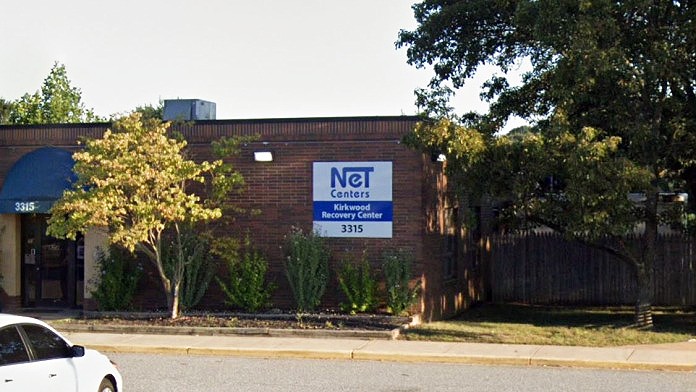
| |
Kennett Square, Pennsylvania | Bowling Green Brandywine Treatment Center is located on Newark Road in Kennett Square, Pennsylvania. They offer inpatient substance use disorder treatment and treatment for adults with co-occurring disorders. The facility accepts Maryland and Delaware Medicaid. They also take most major insurers. They welcome partnerships with new providers so chec | Treatments Programs Payment Options | I went to Bowling Green almost 4 years ago. I first went to the detox program, then the rehab, and then I stayed for their extended partial program and although it wasn’t a completely perfect experience, and you can smell the mushrooms in the air from a nearby farm, they must have done something right because this was my 27th rehab facility and it worked for me. I’m still clean to this day and I’m grateful to Bowling Green because of it
Gigi
4 weeks ago
Best place !
Tara Cruz
1 month ago
I was an alumni many years ago. Funny must be right place right time right place it's been 36 years, health probs. Widowed still clean and sober, your whole operation has changed much was wondering if uou still had outside meetings at the barn buildg? Also wanted people in there currently tes it can be done.
robbie Reed
1 month ago
| 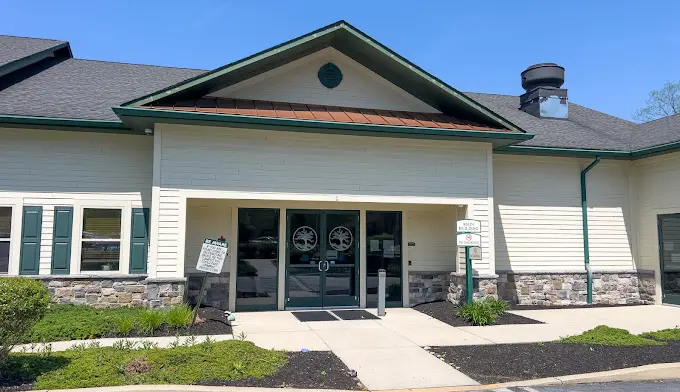
6 6 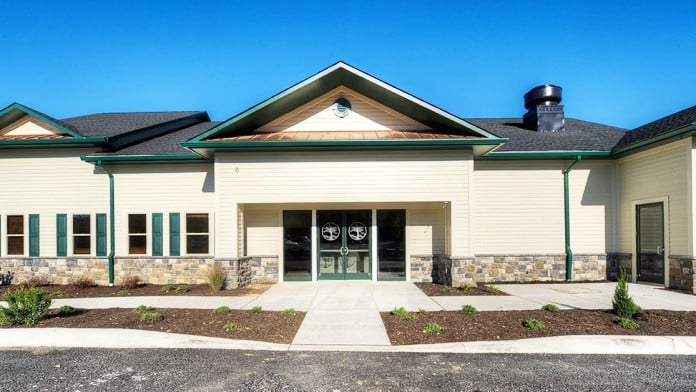
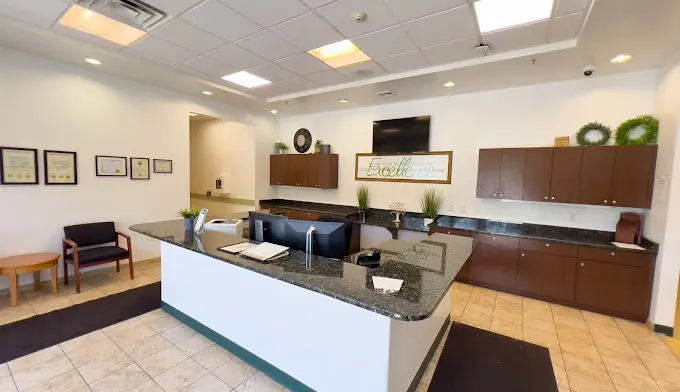
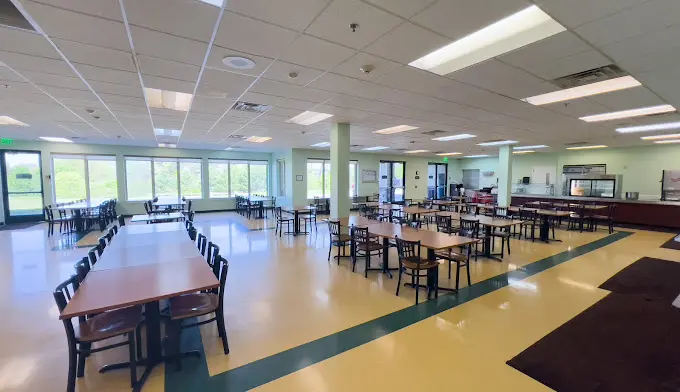
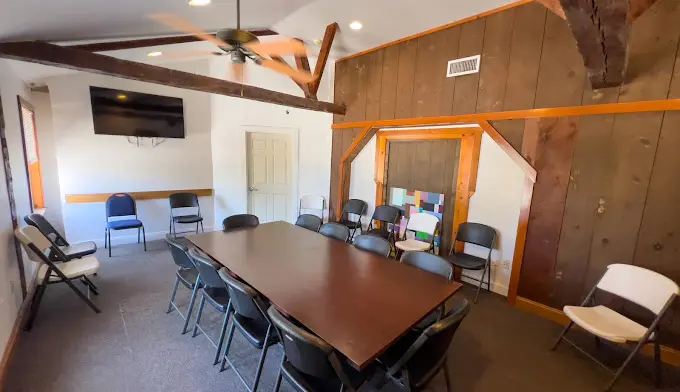
| |
Absolute Awakenings New Jersey Drug & Alcohol RehabAd This is an ad and Absolute Awakenings New Jersey Drug & Alcohol Rehab is a paid advertiser. Paid advertisers may be listed first in search results. This ad may contain content provided by the advertiser. Rehab.com does not verify ad content or any reviews that are displayed. Learn More | Absolute Awakenings, located in Denville, New Jersey is a private alcohol and drug rehab that offers treatment for a variety of substance abuse addictions including alcoholism, opiate addiction, and co-occurring mental health disorders. They offer supervised medical treatment to safely manage withdrawal symptoms during detoxification, as well as fl | Treatments Programs Payment Options | View Website (973) 784-8981 | Absolute Awakenings New Jersey Drug & Alcohol Rehab has no reviews yet. Leave a review.
| 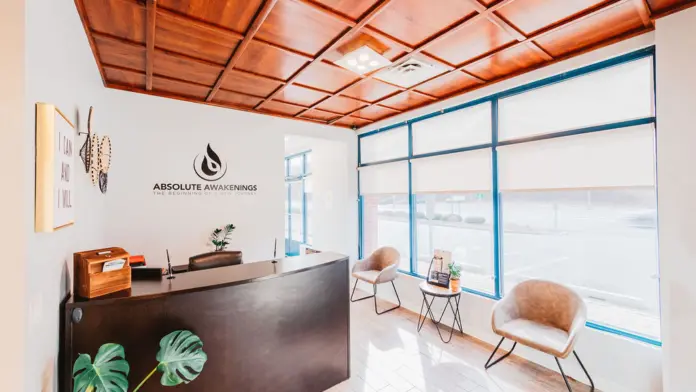
19 19 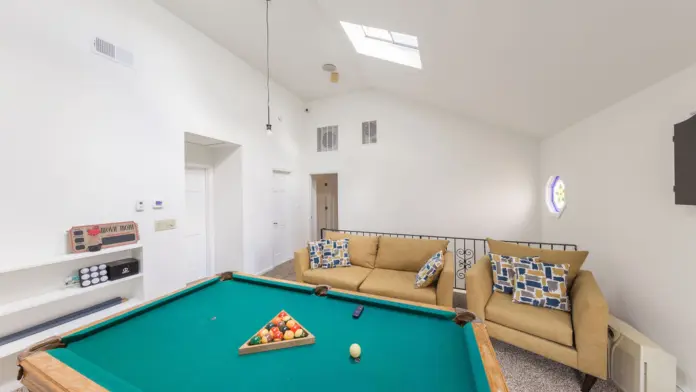
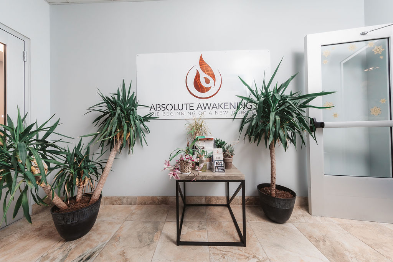
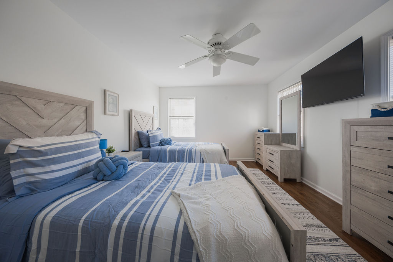
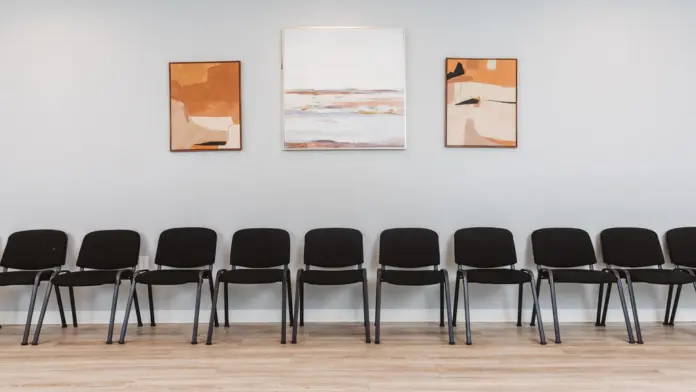
|
Springfield, Pennsylvania | Coatesville VA Medical Center - Springfield OP Clinic offers a patient-centered care model with an emphasis on primary and mental health care integration, and health promotion and disease prevention. Coatesville VA Medical Center - Springfield OP Clinic is conveniently located in the Crozer-Keystone Health System Complex in Springfield, Delaware Co | Treatments Programs Payment Options | The girls Jamie and Jean, are awesome, best front desk crew in the world
Joshua Kirkpatrick
3 weeks ago
These guys are great I have been coming here for years jayme is awesome they are very helpful and it’s a great facility
Thomas Howard
1 month ago
Jamie is my people. She’s awesome sweet and super helpful. Great facility. I have been coming here for years
thomas howard
1 month ago
| 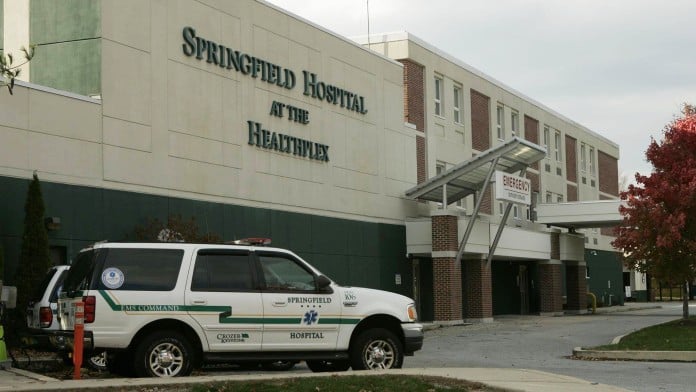
| |
Glassboro, New Jersey | Center for Family Services - Musumeci Family Sanctuary provides outpatient substance abuse treatment for adults. Center for Family Services - Musumeci Family Sanctuary is located in Glassboro, New Jersey. At Center for Family Services, they believe in treating individuals, families and communities in order to help them to achieve a better life. Th | Treatments Programs Payment Options | Great place for recovery! They have child care if you need it and possible transportation. They also have services for domestic violence. I wish I would have came sooner. Best counseling I've ever gotten. 💖🌠 If you need help I highly recommend them.
Sara Jane Samson
6 years ago
| 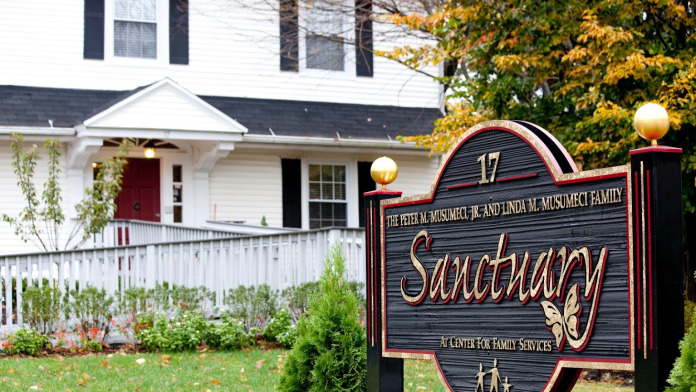
| |
Phoenixville, Pennsylvania | Manor of Hope is a long-term residential substance abuse treatment and support program for men. We are located in the Mainline suburbs of Philadelphia, PA, and help men from all over the United States battling the disease of addiction. Our world-class therapeutic community features highly structured programming designed to build the resilience and | Treatments Programs Payment Options | The Manor has thoughtful staff and a comprehensive mental health treatment program utilizing groups and counselors along with outside psychiatrists and therapists. I grew a lot over the two years I spent in the program with time spent at their main house and a graduate house. Manor of Hope also addresses drug and alcohol abuse along with other addictions. As a final note, I would recommend Chef Andrew and counselors John and Scott.
David Carr
1 year ago
My son recently completed a 12-month treatment program at the Manor of Hope and his recovery from substance use issues is nothing short of miraculous due largely in part to the care he received at the Manor from Steve Killelea and his staff of highly skilled counselors. Every parent's nightmare is watching your kid battle the demons that mental illness and drugs unleash on them. Long care treatment facilities like the Manor work better to treat addiction than the short-term, for-profit institutions that fail more often than not to help those suffering from these illnesses. My current relationship with my son is night and day as Steve has helped to guide him into adulthood. Steve not only helped my son but counseled my wife and I on how to deal with my boy as he transitions back to family life. I am profoundly grateful and thankful to have crossed paths with Steve and the Manor of Hope and highly recommend the long-term care and treatment programs that the Manor can offer to those suffering from addiction and mental illness.
David Hobson
1 year ago
The Manor of Hope is making a huge difference in our son’s life. We were desperate and needed help for our son, who is on the autistic spectrum. Steve took our son under his wing, and now he is learning how to live independently, slowly but surely. We did not think an independent life would be possible for him. Steve and our son’s mentor, along with the other staff are teaching him skills that will last a lifetime. He recently was hired for a part-time job and is enrolled in a college course. The professionals that Steve have connected our son with, such as his psychiatrist and therapist, are excellent.
The Manor of Hope has so many opportunities. Our son is learning how to cook through a weekly culinary class. He is taking care of a garden, and has a personal trainer and is working out on a regular basis He is always busy which is great for him. He also has structure. They take him on day trips and excursions. Our son is enjoying life and is happy.
We are so thankful we have found Steve and the Manor of Hope. We were at the end of a very dark path and didn’t know where to turn. Our son’s life is now full, and he is growing and maturing every day. He is respectful towards us and is learning boundaries. All things we couldn’t have achieved when he was home. He needs the Manor of Hope and he is also grateful for his time there.
Jessica Hoffman
1 year ago
| 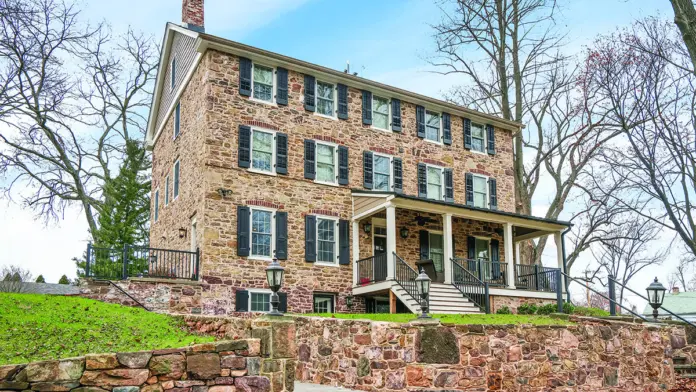
| |
Marlton, New Jersey | Philadelphia VAMC – Burlington County Clinic in Marlton, New Jersey is an integrated outpatient clinic offering primary medical care alongside specialty services like mental health support including substance use disorders. They serve veterans and their families, delivering tailored care that promotes the general well being of those who serve | Treatments Programs Payment Options | I reached out to the VA help line and they help me get in contact with the initial clinic line. I missed there call but the next day I called back early in the morning around 8:30AM and I was able to get an appoint for the next week. It was very quick and simple. They are responsive and nice.
Ebony Alston
1 year ago
Overall they have excellent doctors. Veterans should take advantage of this local Clinic.
Gary & Lorraine DeRosa
1 year ago
Professional and courteous staff. Pleasant environment and attentive to my needs. One stop shop with lab and XR available on site.
Rick Moore
2 years ago
| 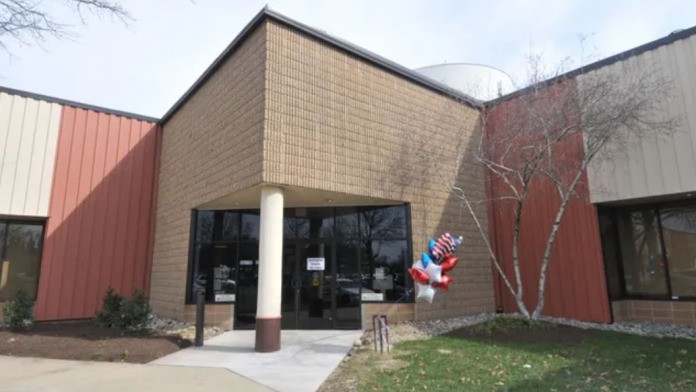
|

Pennsylvania is ranked 26th nationwide in terms of addiction treatment affordability, with an average cost of addiction treatment of $56,708.
The costs of drug and alcohol rehab in Pennsylvania vary widely and depend on several factors, including:
The costs of addiction treatment listed for cities and states are averages based on the cost of the treatment types listed above. These averages are high due to the cost of medical detoxification and residential inpatient rehab programs.
These numbers also reflect the raw cost of drug rehab, before any insurance coverage. The typical individual seeking addiction treatment can expect to pay much less for outpatient or intensive outpatient services than the averages listed below.
There are many ways to pay for drug rehab in Pennsylvania. Most treatment centers accept cash or self-payment, as well as private health insurance. However, there are many treatment centers in Pennsylvania that accept Medicaid and Medicare, or offer sliding scale payments or other low-cost payment options. Here’s the complete breakdown of how to pay for addiction treatment in Pennsylvania.
Aetna is the most widely-accepted insurance for drug rehabs in Pennsylvania, with 272 treatment centers in the state accepting their insurance. Blue Cross Blue Shield is the 2nd most popular with 251 treatment centers accepting it followed by Cigna in 3rd accepted by 240 drug rehabs.
Pennsylvania is ranked 41st nationwide in drug rehab admissions, with 165 rehab admissions per 100,000 population in 2023, which is significantly lower than than the U.S. national average of 621 admissions per 100,000.
The following are the number of Pennsylvania rehab admissions in 2023 for each of the 6 most frequently used drug classes, as well as the relative percent for each type of drug.
Source: Substance Abuse and Mental Health Services Administration. National survey of substance abuse treatment services (N-SSATS).
Pennsylvania is ranked 29th for drug and narcotics-related violations, with an estimated 360 narcotics citations per 100,000 population which is lower than the National Average of 421.
All values are per 100,000 population.
Federal Bureau of Investigation. Crime data explorer: Crime trends. U.S. Department of Justice.
Pennsylvania has the 38th highest rate of drunk driving in the nation, with a total of 167 DUI arrests per 100,000 people in 2023 (and 21,589 total DUI arrests).
All values are per 100,000 population.
SafeHome.org. DUI statistics and trends.